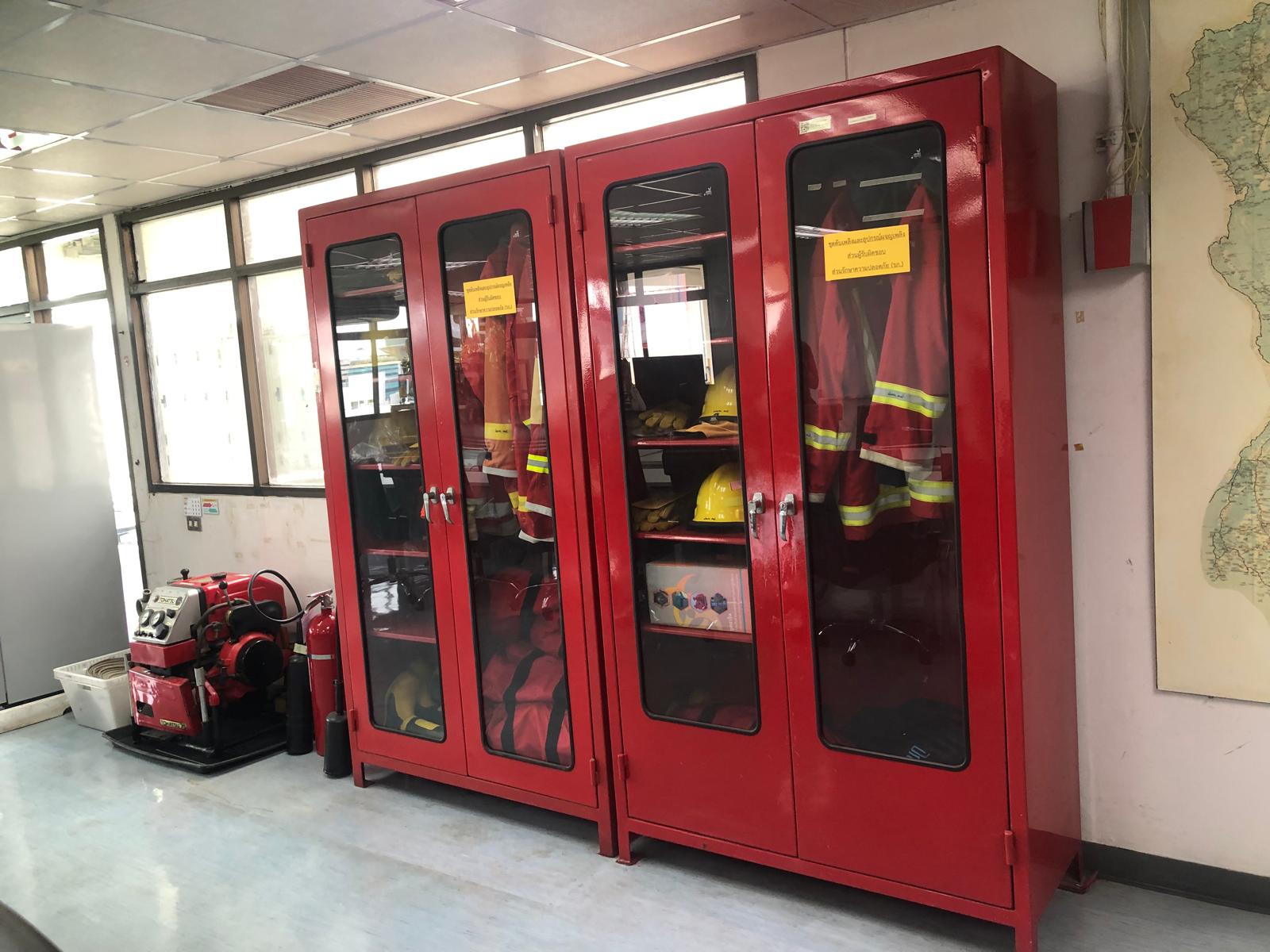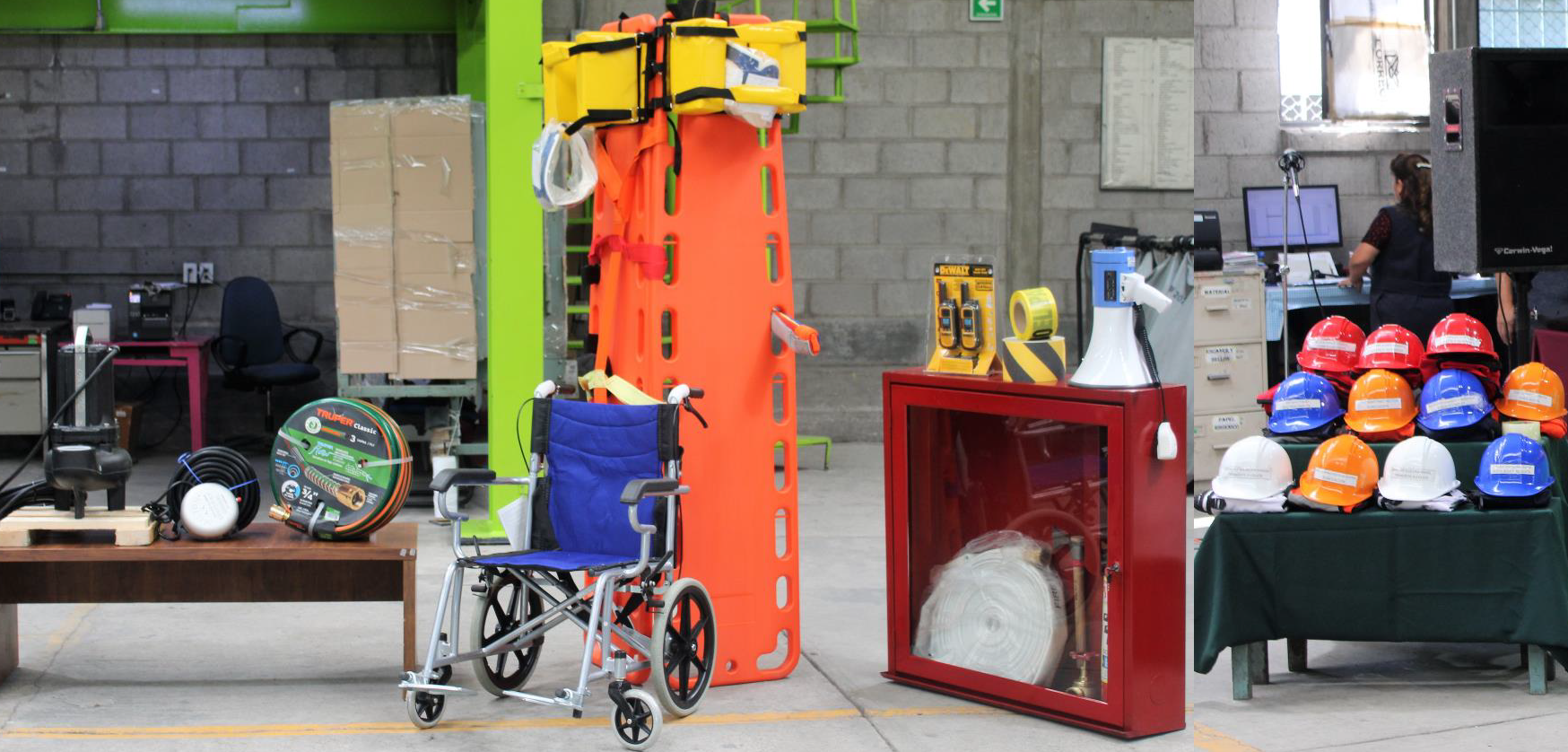Strengthening disaster resilience in the postal sector

In recent years, the world has witnessed an increase in the frequency and severity of natural disasters, which have caused widespread damage to communities and infrastructure—including vital communication networks such as postal systems.
Disasters can severely disrupt postal operations by damaging infrastructure, vehicles, and equipment; causing the loss of mail, data, or even lives; and resulting in the closure of post offices and interruptions to essential trade and communication channels. At the same time, as seen during the COVID-19 pandemic, such crises also highlight the crucial role that postal networks can play. With their deep local reach and logistical capabilities, postal operators can facilitate emergency response efforts—serving as distribution points for relief supplies, enabling emergency cash transfers, and maintaining basic lines of communication in affected areas.
Postal staff are often trusted members of the communities they serve, and their local knowledge is a valuable asset in disaster contexts. Strengthening the resilience of postal systems not only improves risk management capabilities but also supports the overall resilience of communities.
A global policy for the postal sector
The Universal Postal Union (UPU) is committed to supporting United Nations efforts on disaster risk reduction (DRR). Since 2010, the UPU has developed a global disaster risk reduction and management policy for the postal sector. This policy aligns with international frameworks such as the Sendai Framework for Disaster Risk Reduction (2015–2030), the Hyogo Framework for Action, and the UN Plan of Action on DRR for Resilience. These frameworks call on specialized agencies like the UPU to integrate disaster risk management and climate resilience into their activities.
The UPU’s objective is to ensure that the postal sector is equipped with appropriate strategies to address increasing natural hazards and their impact. These strategies aim to build resilience across postal networks and enable the sector to play a meaningful role in national disaster preparedness and response efforts.
The UPU’s three-phase disaster risk management programme
The UPU's Disaster Risk Management Programme supports member countries and designated operators through a structured, three-phase approach:
- Preparedness: Assisting countries in training staffs improving readiness.
- Provision of Equipment: Providing technical assistance and essential equipment to strengthen emergency response capacity.
- Continuity Planning: Supporting the development of business continuity plans to ensure postal services can continue operating during and after disasters.
Building capacity through technical assistance and regional workshops
In addition to equipment and planning support, the UPU emphasizes capacity building in two key categories:
- Technical Assistance: Before and/or after equipment is provided, or at any phase of the programme (preparedness, equipment provision, or continuity planning), the UPU delivers tailored training to requesting countries. This includes training on equipment use, first aid, and disaster response procedures to ensure the effective utilization of resources and plans.
- Regional Workshops: The UPU also organizes regional workshops to bring together preparedness experts from different countries. These workshops foster knowledge exchange, best practice sharing, and cross-border collaboration to enhance disaster resilience at the regional level.
Practical implementation and support
Since 2010, with funding from the Government of Japan and through initiatives, the UPU has completed numerous DRM projects across the globe. These include:
- Preparedness projects

This project significantly improved the Grenada Postal Corporation (GPC)’s disaster preparedness by developing a hazard plan, training staff in key DRM areas, and procuring essential equipment. Despite delays due to COVID-19 and logistical issues, it strengthened the GPC’s capacity to respond effectively. As Grenada is highly vulnerable to hurricanes and tropical storms, the purchase of items like generators, portable radios, and camcorders enables the GPC to maintain operations, assess damage, and support relief efforts during emergencies. Overall, the project has made the GPC more resilient and better prepared to serve the community in times of crisis.
- Provision of Equipment

This project significantly enhanced the preparedness of Sepomex, Mexico by the purchase of vital civil protection equipment. The project successfully strengthened Sepomex’s capacity to respond to emergencies. Mexico is frequently affected by natural disasters such as earthquakes, floods, and fires, which pose serious risks to infrastructure and staff safety. The delivery of alarms, protective gear, and emergency response tools has enabled Sepomex to take timely action, reduce occupational hazards, and ensure continuity of essential postal services during disasters. Overall, the project has made Sepomex more resilient and better prepared to serve the public in times of crisis.
- Business continuity planning projects
This project strengthened the preparedness of Correos de Costa Rica through specialized training on business continuity planning, aimed at ensuring essential postal operations during emergencies. Successfully completed in March 2023, the initiative enhanced staff capacity to anticipate, manage, and recover from disruptions. Costa Rica is vulnerable to natural disasters such as earthquakes, floods, and volcanic activity, which can severely impact public services. By equipping personnel with the tools and knowledge to develop and implement continuity plans, the project has helped Correos de Costa Rica improve resilience and ensure uninterrupted service. The closure event, held in collaboration with the National Commission for Risk Prevention and Emergencies (CNE), further emphasized the importance of national coordination and shared preparedness.
How to apply
Member countries and designated operators interested in technical assistance projects related to disaster risk management are invited to submit their applications. Projects are selected based on a methodology developed by the Emergency Assistance and Disaster Risk Management Task Force, with support from the Government of Japan.
Interested parties should complete the application form and send it to DRM@upu.int.
Application form
-
26.04.2024